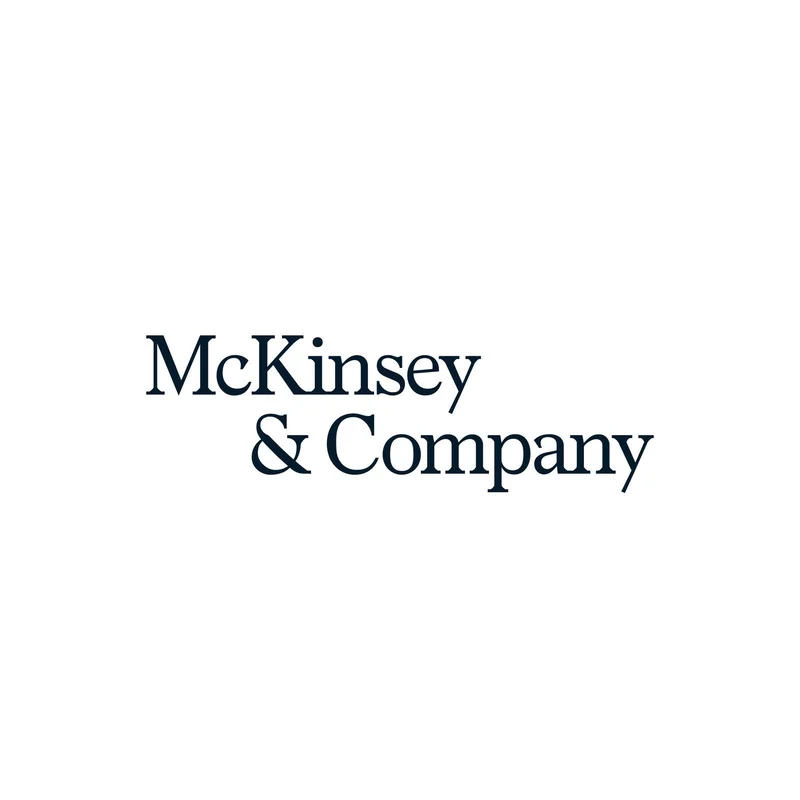McKinsey's "Axes of Evil": A Bold Look in the Mirror?
Okay, folks, buckle up. Sometimes, the most profound insights come from unexpected places. And let me tell you, Louis Ashworth's piece, "Axes of Evil: McKinsey squares the circle - Financial Times" over at FT Alphaville? It's one of those moments. The article, complete with a zoomable chart that I spent a good fifteen minutes dissecting, (copyright Financial Times, of course) feels like a jolt of electricity to the system.
Ashworth isn't pulling any punches. He's diving deep into the complexities, the contradictions, the real challenges facing a behemoth like McKinsey & Company. This isn't just another McKinsey news item; it's a critical self-assessment, or at least, that's how I see it. It's like watching a giant look in the mirror and actually see the flaws, the shadows, the bits that need some serious work.
The Courage to Question
What's so exciting about this? Well, imagine a world where every major institution, every global consultancy, had the guts to publicly grapple with their own "axes of evil." Imagine a world where "mckinsey company" became synonymous with transparency, not just strategy. And I know what some of you might be thinking, "Wait, Aris, are you defending McKinsey?" Not exactly. I'm celebrating the potential for honest introspection.
It’s like the early days of personal computing. Remember when computers were these monolithic, intimidating machines? Then came the Apple II, the IBM PC—suddenly, technology was accessible, democratized. This article feels like that moment for the world of high-level consulting. It's a step towards acknowledging that even the most powerful entities are subject to the same human fallibilities as the rest of us.

And speaking of powerful entities, the Boston Consulting Group (BCG) recently appointed a new chief risk officer amidst some controversy related to Gaza aid. Details on the specifics are still emerging, but it highlights the growing need for ethical oversight and accountability, even at the highest levels of the business world. It's a reminder that "bcg" and other giants are operating in a world that demands more than just profit margins. It demands purpose.
What does this all mean? It means the game is changing. We're moving towards a future where authenticity and responsibility are not just buzzwords, but core components of success. The question isn't just "what is mckinsey doing?" but "how is mckinsey changing?" How are all these firms adapting to a world that demands more than just strategic brilliance?
A Future Forged in Honesty
This isn't just about McKinsey or BCG. It's about all of us. It's about creating a culture where questioning the status quo, challenging established norms, and demanding ethical behavior are not only accepted but actively encouraged. It's about building a future where "mckinsey ai," "mckinsey ai report 2025," and all the other cutting-edge innovations are guided by a strong moral compass.
When I saw the title "Axes of Evil," I honestly braced myself for another cynical takedown. But Ashworth's piece is something more nuanced, more hopeful. It's a challenge, an invitation, a call to action. What if, instead of fearing these "axes of evil," we embraced them as opportunities for growth, for transformation, for creating a better world?

